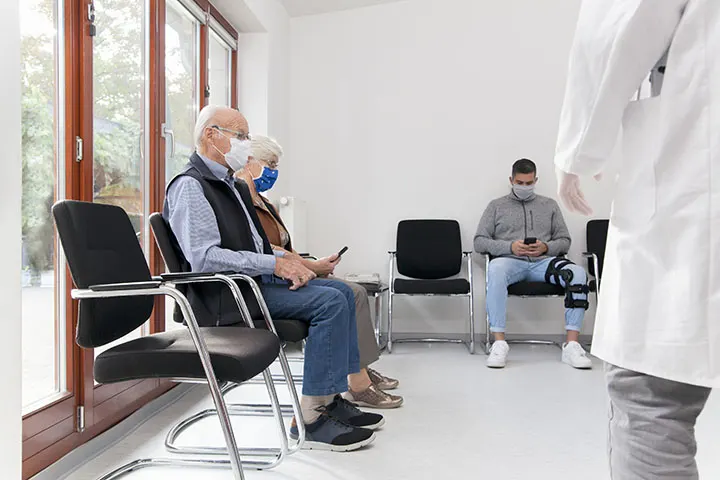Hospital Safety for Elderly Patients

Throughout our life cycle as human beings, our bodies grow, develop, and eventually deteriorate. Unfortunately, this means, toward the end of our lives, we are more prone to the pains of life—falls, illnesses, dementia, and many other ailments. This makes visits to hospitals especially difficult for older individuals and necessitates an emphasis on hospital safety for elderly patients.
Risk Assessment
Although elderly patients tend to be more prone to illness and injury in general, this doesn’t mean every patient has the same risks. That’s why it’s critical to do a risk assessment whenever an elderly patient enters the hospital. Some risks your facility should check for include:
- Preexisting conditions
- Previous injuries
- Fall risk factors such as weak joints or a lack of balance
- History of dementia or confusion
- Sensory deficiencies such as sight or sound
- Incontinence
Additionally, many elderly patients are already taking medications for various other conditions. As part of the risk assessment, healthcare professionals should locate an accurate medical history to avoid administering medicines that should not be mixed with previous medications.
Increased Monitoring
Safety Monitoring
Performing a thorough risk assessment should give doctors, nurses, and nursing assistants a better idea of a patients’ needs and what times they will most need support. These times, such as when a patient is eating, toileting, or walking, are the times when increased monitoring is essential. This will help prevent accidents such as falls or accidental choking.
Vital Monitoring
Not all medical emergencies are as apparent as a fall. According to the US National Health and Nutrition Examination Survey, 70 percent of adults 65 and older have high blood pressure. Hypertension puts patients at risk for cardiovascular issues such as heart disease or stroke. Utilizing patient monitoring equipment to keep a finger to the pulse of their vital signs is crucial in elderly patients.
Establish a Routine
Patients struggling with confusion either from preexisting dementia or medications are often prone to anxiety, paranoia, restlessness, and occasional outbursts. These moments are distressing for everyone involved as well as unsafe for patients. In these instances, it is helpful to establish a routine during their stay in the hospital. Quality routines help lower patient agitation and may even help with related conditions such as incontinence.
Changes in our health are a part of life. Fortunately, being aware of the potential challenges to hospital safety for elderly patients can help us protect this vulnerable demographic. And here at Med One Group, we’re prepared to equip your facility with the necessary tools to provide all your patients with the care they need.
